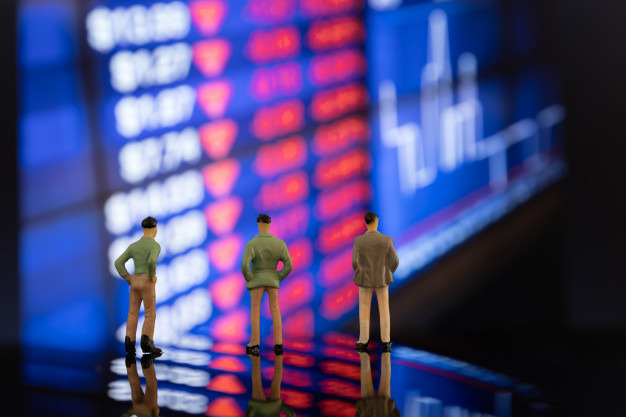How Are Currency Exchange Rates Determined?
In finance, the currency exchange rate is the exchange value of one national currency for another. Each country directs the exchange rate regime, which applies to its currency. Governments in individual nations have specific regulations about currency rates.
If you are a newbie in the forex market, it is exceptionally tedious to cope with the fundamentals of exchange rates. This is because there are different forms of the exchange rate that can be manipulated in certain situations.
Are you feeling lost? Do not worry—this article will cover some significant areas of currency exchange rates, including their determinants, which are essential to your forex investment.
What is the currency exchange rate?
The international currency exchange rate is the rate at which one nation’s currency is exchanged for another. In simple terms, it is the rate at which two different currencies can be exchanged.
For instance, the lowest Value Of Paper Money Without The Portrait Of A U.S. President is $10. It has the poU.S.it of Alexander Hamilton. Now, USD/JPY 109.67 means that a business or an individual U.S. will receive 109,67 Japanese Yen for every US dollar.
In the international market, the exchange rates are analyzed by considering the countries’ currency values. They change continuously based on a plethora of factors. In more explicit terms, they can be fixed to the currencies of other countries.
International currency exchange rates are crucial in determining a nation’s economic health. They are one of the widely analyzed macro-environmental factors at a global level. Exchange rate volatility affects global business entities that expand their operations across international boundaries.
Types of exchange rate
The three significant categories of currency exchange rates are:
1. The fixed rate
A fixed forex rate or pegged exchange rate values a pegged or constant currency against another currency. The most widely spread fixed rate system is the ‘Gold Standard.’
2. The pegged float
The pegged floating currencies are fixed to a value or band that is periodically adjusted or fixed. So, basically, they are a hybrid of floating and fixed regimes.
3. The float
The floating currency exchange rate is also called a fluctuating exchange rate. The currency values in this system can fluctuate depending on the foreign exchange markets, and you must analyze them carefully to get the best foreign exchange market rate.
How to determine currency exchange rates
There is no specific formula for the conversion of currencies. Markets decide the exchange rate by themselves. Almost all nations have a floating currency exchange. Determinants of which are elaborated below:
Interest rates
One is the upswing and downswing of interest rates in a country. When a country elevates its interest rates, foreign investment flows rapidly.
This is because international investors expect higher yields from investments like government bonds. A rise in investment demand leads to an increase in the need for domestic currency. As soon as currency demand uplifts, exchange rates strengthen.
Current account deficit
It balances a country’s payment to that of its trading partners. This implies that the government imports a considerable amount of goods, and the exports are relatively low. To pay for the imported goods, demands for foreign currencies uplift through depreciation in their currency.
Public debt
Countries with more enormous public debts will attract lesser foreign investments, although public debt belongs to a nation’s internal affairs. Debt is a problematic factor in national development and growth. Foreign investors become insecure about investing in such cases due to the fear of lesser returns,
Expansionary monetary policy
The Expansionary monetary policy rapidly increases the money supply or decreases short-term interest rates. Keeping the other factors unchanged, a thrust in money supply causes demand for services and goods. This, in turn, results in a hike in the costs of those commodities, thereby causing inflation.
When inflation rises, the domestic currency value lowers. Therefore, a contraction in the supply of money can facilitate a nation’s currency value.
Geopolitical risks
If the government is unstable and faces frequent political chaos, the country’s exchange value is prone to fall. The nation would lag in the currency exchange rate index compared to developed nations.
Summary
The determinants discussed above are essential for emerging investors in the forex market. Due to its complicated nature, currency exchange requires extensive research. In essence, it is all about staying updated from time to time.





















